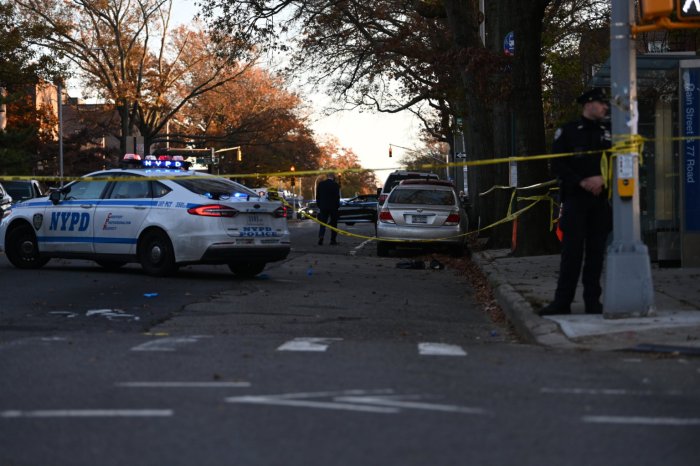By Kenneth Kowald
What Happened? (Part I)
First, a disclaimer.
I am not an economist. I had to take economics courses and found economics to be, as we used to call it (does anyone still?), “the dismal science.” Have you ever listened to a speech or testimony from the head of the Federal Reserve Board? You get the picture.
I learned about useful economics from three very sensible sources: my father, Charles Dickens and Mark Twain.
When my mother would mention to my father that she wanted to buy something, his answer was, “If you’ve got the money, get it.” (Those were the days when the “wage earner” turned the cash over to “the little woman.”)
In “David Copperfield,” Mr. Micawber points out that if you make more than you spend, there is happiness, but if you spend more than you make, there is misery.
I learned the theory of real wages from “A Connecticut Yankee in King Arthur’s Court,” a funny but ultimately very dark work: It’s not what you make that counts; it’s what it can buy.
So as you can see, I am a primitive when it comes to economics.
Deficits, I must say, bother me. (But what’s a hundred billion or even a trillion here or there?) I believe in paying as you go, even if that means taxes. Overspending bothers me. Not realizing the value of a dollar, that too.
But I can’t stay up at night worrying about what happened to our federal budget surplus now turned into whopping deficits — thanks to tax breaks mainly for the very wealthy few — that generations after us will have to deal with. The taxes paid by the richest 5 percent of families and the corporate profits tax combined are a smaller share of national income now than in any year since World War II.
I cannot be concerned that a typical family in the 1970s with two children and one working parent had more discretionary income than the same family today with both parents working.
I cannot worry too much about the 43.6 million-plus Americans who do not have health insurance, even though the majority is neither poor, according to federal standards, nor unemployed. Nor will I fret too much that in 1983 there were 35 food pantries and kitchens serving those in need in New York City and now there are more than 1,000, plus more than 250 soup kitchens.
The TimesLedger Newspapers reported late last year in its continuing series on hunger in Queens that it is the worst situation in many decades.
And I am not going to get too bothered about the estimated 35 million Americans who earn wages that are below the poverty level for a family of four and who must use food stamps and housing vouchers to make ends meet.
Nor can I fret too much that half of all poor families are headed by single women, to say nothing about the fact that in the richest country in the world 14 percent of American adults cannot find an intersection on a map, total a deposit slip or determine the right dose of a medication.
Not my problems, right? I’m all right, Jack, and who cares about you!
But I do worry about the millions who lost jobs in the last few years and haven’t found new ones that give them a decent living wage. Low-wage work is an increasingly important labor force phenomenon. And I worry, too, about the need to find at least 150,000 jobs in this country — every month — just to keep up with the growth in population.
And, by the way, have you heard that our assessment of unemployment has changed in the last few years, so that, in effect, there are many more people who are not employed, but are getting paid for approved disabilities?
This past Christmas, a local captain in the Salvation Army who works to help people in need with food and other necessities, said this: “People say the economy’s going better or the Dow is doing this or that. But I think it’s only certain people. Until we see the positive impact of people getting jobs, you just can’t say.”
But, like me, Capt. Elijah Kahn just doesn’t understand economics, right?
All of this weeping and gnashing of teeth, of course, makes him and me terribly old-fashioned.
But what has bothered me most about the state of the economy in the nation, state and city are the priorities that have been set for spending. Let’s limit this discussion to the public schools and what’s going on in Queens.
We’ll get to that next time.





























